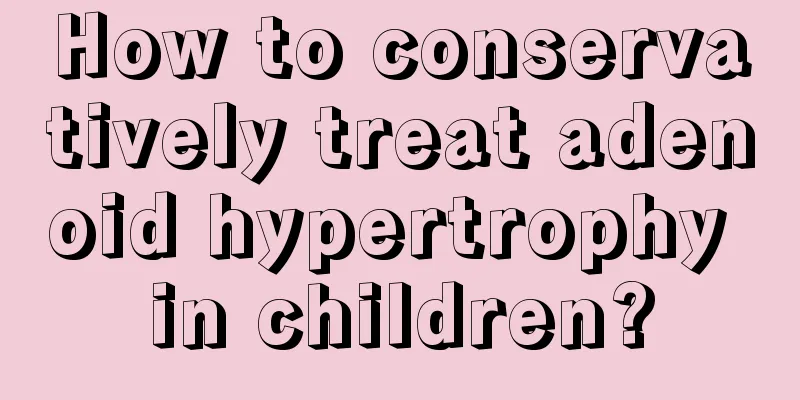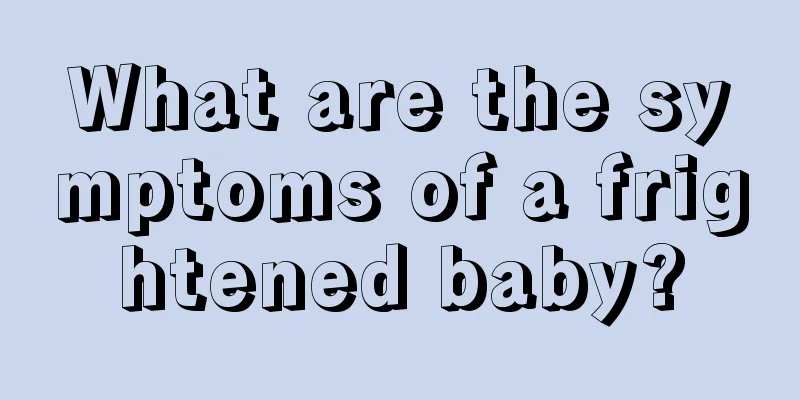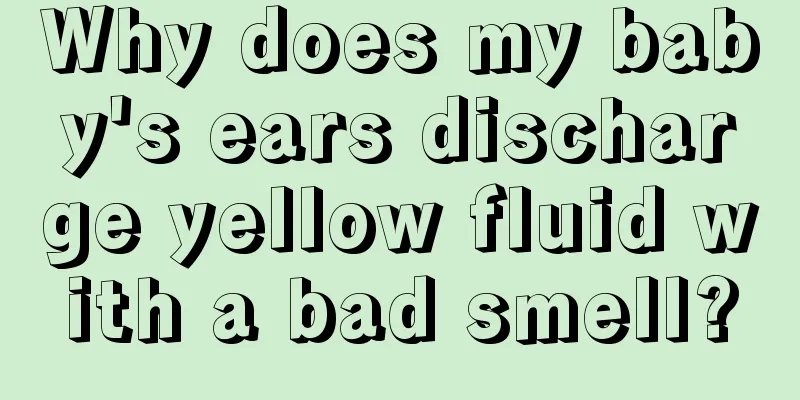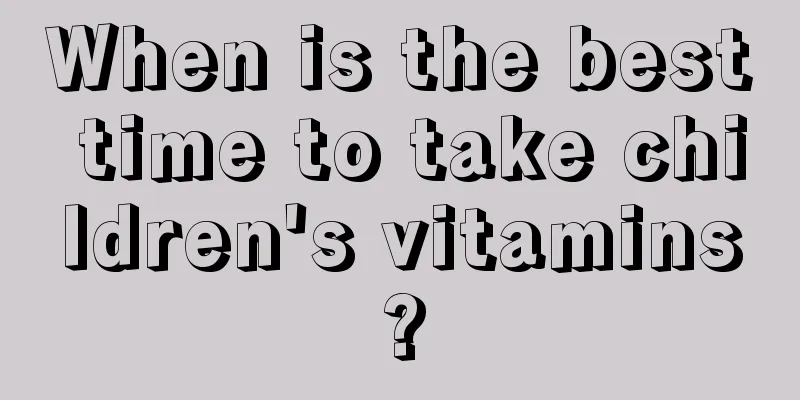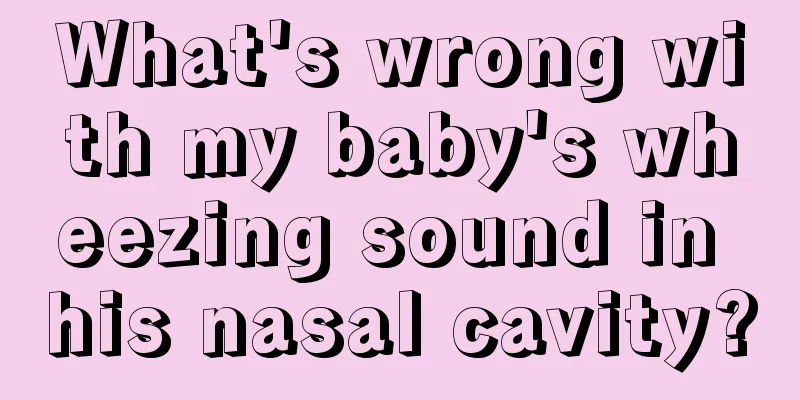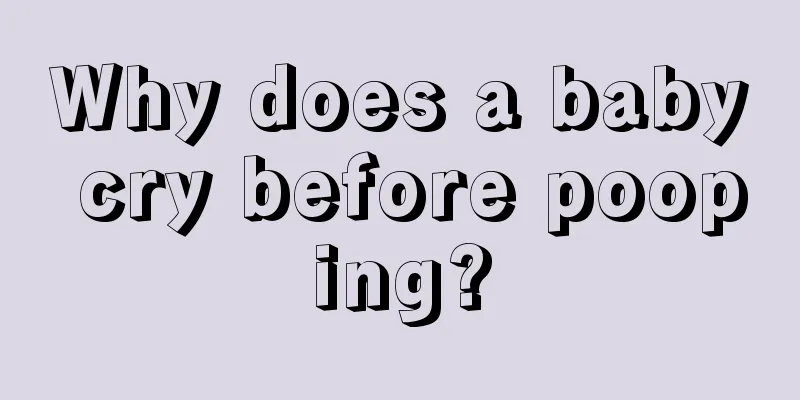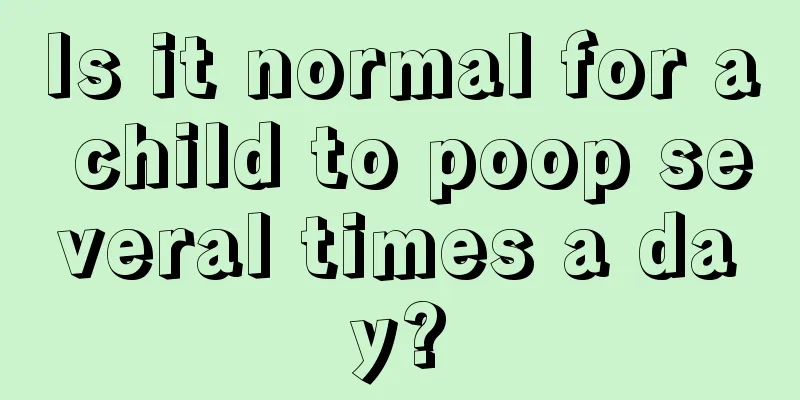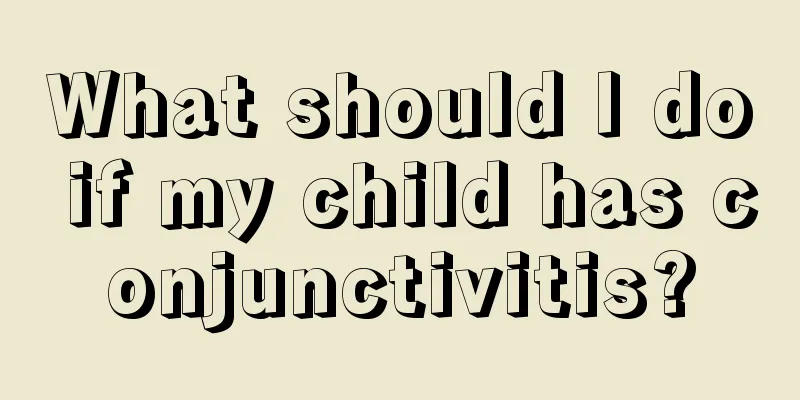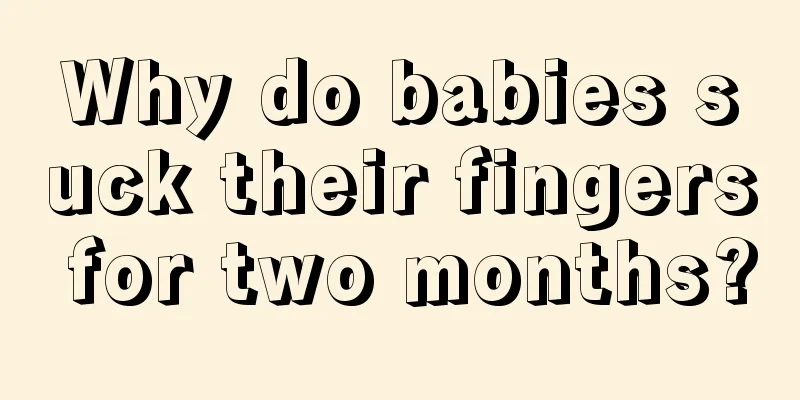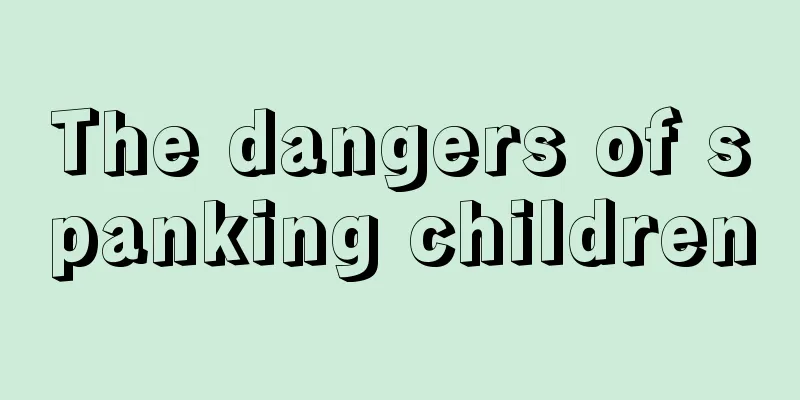What are the effects of a child having a fever and convulsions?
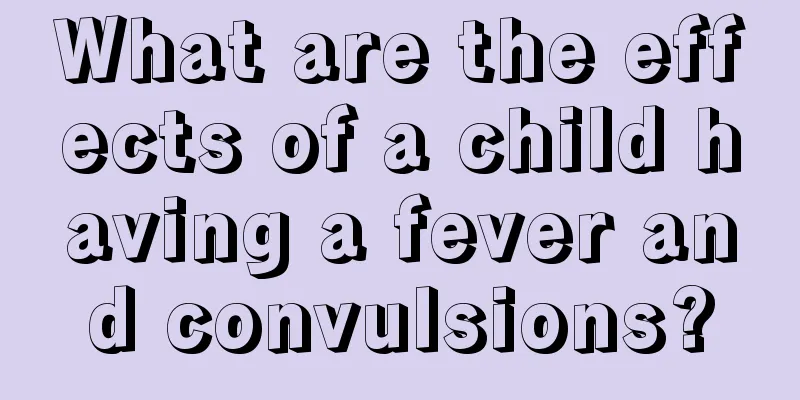
|
Every family member does not want to see their children being threatened and harmed by diseases, especially after a fever occurs. It is necessary to reduce the temperature as soon as possible, otherwise there is a possibility of convulsions. So what are the effects of fever and convulsions on children? If there is a persistent convulsion, the consequences are still very serious. Not only will the child's brain nerves be damaged, but the child may also be in danger of life. When a child has a fever and convulsions, he or she will be extremely irritable or "startle" from time to time, and will be nervous; look terrified, and the muscle tension of the limbs will suddenly increase; breathing will suddenly become rapid, paused, or irregular; body temperature will rise suddenly, and complexion will change drastically; pupils will be of different sizes; and the edges will be uneven. Typical manifestations are sudden onset, loss of consciousness, head tilted back, fixed upward or squinting eyes, foaming at the mouth, clenched jaws, and clonic or tonic convulsions of the facial or limb muscles. In severe cases, neck stiffness, opisthotonos, irregular breathing, cyanosis, or incontinence may occur. The duration may be from a few seconds to several minutes or longer. Then turn into drowsiness or coma. Examination during or shortly after an attack may reveal signs such as dilated pupils, slow reaction to light, and positive pathological reflexes. Consciousness is restored shortly after the attack stops. It is common in children between 6 months and 4 years old. Convulsions usually occur in the early stage of fever and are short-lived. It is rare for multiple seizures to occur consecutively during a single febrile illness. It often occurs within 12 hours of fever. Consciousness recovers quickly after the attack, and there are no positive neurological signs. The EEG returns to normal one week after the fever subsides. This is a simple febrile convulsion with a good prognosis. The onset age of complex febrile seizures is uncertain, often occurring before 6 months or after 6 years of age. Initially, it is a high fever seizure. After several seizures, convulsions may occur with low fever or even without fever. Sometimes, the seizures occur repeatedly, and each seizure lasts longer, more than 15 minutes. The EEG examination is still abnormal 2 weeks after the seizure, and the prognosis is poor. The probability of developing epilepsy is 15% to 30%. I believe everyone is very clear about the impact of fever and convulsions on children. No matter how serious the condition is after the fever and convulsions, it needs to be taken seriously by family members. In addition, you also need to realize that as long as you have a fever, you must take it seriously. If you have a high fever, you must go to the hospital as soon as possible and do not delay. |
<<: How to prevent children from having fever and convulsions?
>>: What happens when a child has a fever and convulsions?
Recommend
What to do if children's tooth enamel falls off
There are many reasons for the loss of tooth enam...
Reasons for children's drowsiness after fever
It is normal for children to become sleepy after ...
Is it okay for my baby to sleep on his side?
After the baby is born, being a mother is both ha...
What time do children go to bed to help them grow taller
A problem that many parents are troubled by is th...
Can roseola infantum rash be exposed to wind?
Roseola infantum is a type of rash. Once a baby s...
What calcium tablets can children take to grow taller
It is very important for children to supplement c...
Can baby food cure eczema?
After birth, babies are prone to skin eczema beca...
Do newborns need pillows?
Many mothers are confused about some of the daily...
How to treat mumps in children
Children's illness is the most troublesome pr...
What is the best way to treat rectal polyps in children?
Are rectal polyps the only treatment options avai...
What to do if your two-month-old baby has abdominal distension
Baby abdominal distension is a common problem amo...
Two-year-old baby walks on tiptoe
Two-year-old babies have learned to walk for more...
How to cultivate children's language expression ability
When children are in their early childhood, paren...
What are the symptoms of spinal curvature in babies?
The development of the baby is the most important...
How big are a newborn's feet?
Every baby is brought into this world holding God...
